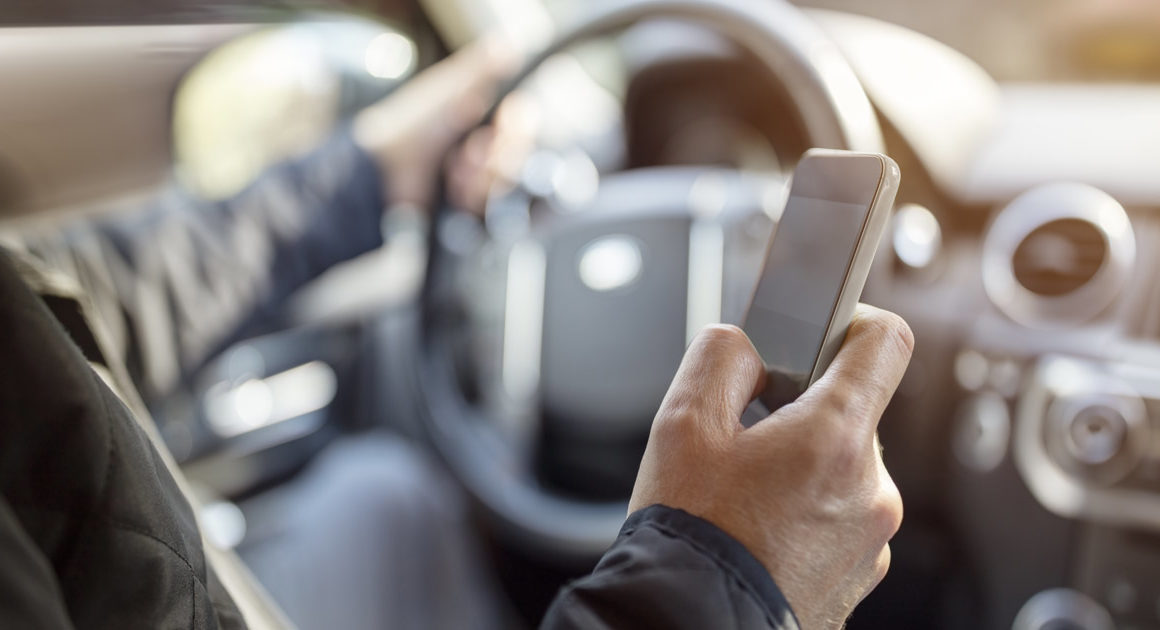Can Police Officers Access Personal Cellphones?
Cellphone privacy is often in the news, and many people worry that the government and businesses have the ability to collect the information on personal devices. Another pressing question is whether or not police officers can force people to hand over their cellphones or unlock these phones by asking for passwords or using biometric recognition, which includes fingerprints, iris scanning, and facial identification.
Is a Warrant Required for Cellphone Access?
Although laws vary by state, warrants are generally required to search for and seize personal cellphones. However, there are exceptions, including:
- when searches occur on public school properties.
- if the individual has been arrested.
- if the police have reasonable suspicion to believe that a person is committing a criminal act.
- when the cellphone is in plain sight.
- if the person is in an automobile.
- if the cellphone owner gives consent for the phone to be searched.
Once the police have the cellphone, circumstances dictate if they can access the contents for legal reasons. For example, if the phone is lost, the police offer may use it to locate the cellphone owner, or it could be used as evidence related to a crime that was committed.
What About my Fourth Amendment Rights?
The Fourth Amendment was written to protect individuals from government intrusion into personal places and spaces without sound legal justification. This is usually in the form of a search warrant, provided by a judge after being shown probable cause for a search.
In 1979, this Amendment was modified, and the third-party doctrine was established. This stipulates that when individuals knowingly share information with a third-party, the expectation of privacy is reduced.
Recent legal causes have indicated that this approach is not suited for the digital age since people are constantly sharing personal information through the course of the day. People who text or make phone calls and use GPS or the internet are exposing themselves willingly. Additionally, people may also be unaware of what they are sharing.
In 2018, the Supreme Court decided that Fourth Amendment rights are protected when cellphones are turned on. Therefore, cell site location information is not subject to third-party doctrine rules. Police must obtain warrants before viewing cellphone contents that are seized during arrests.
However, recent cases suggest that cellphone privacy laws are always changing as society tries to adapt to the frequent use of technology. In some cases, it has been ruled that people have the right to keep their cellphone contents private in certain situations. Some rulings suggest that if accessing the information infringes on the person’s Fifth Amendment privileges, it is unconstitutional. Furthermore, some cases indicated that forcing people to use biometric recognition to unlock their phones is also unconstitutional.
What if I am Forced to Hand Over my Cellphone?
If you were in a situation that led to you handing over your phone and you have concerns whether your civil rights were violated, it is advisable to seek immediate legal counsel. A knowledgeable criminal defense lawyer will evaluate your case and determine if your rights were violated.
Cherry Hill Criminal Defense Lawyers at Aita Law, LLC Protect the Constitutional Rights of Our Clients
Cellphone privacy is still a gray area and as technology continues to advance, the laws can become even more complex. Our skilled Cherry Hill criminal defense lawyers at Aita Law, LLC will determine if your constitutional rights were violated and will help you with your complex case. For a free case evaluation, call us at 856-287-7800 or complete our online form. Located in Haddonfield and Marlton, New Jersey, we serve clients throughout South Jersey, including Cherry Hill and Camden County.

